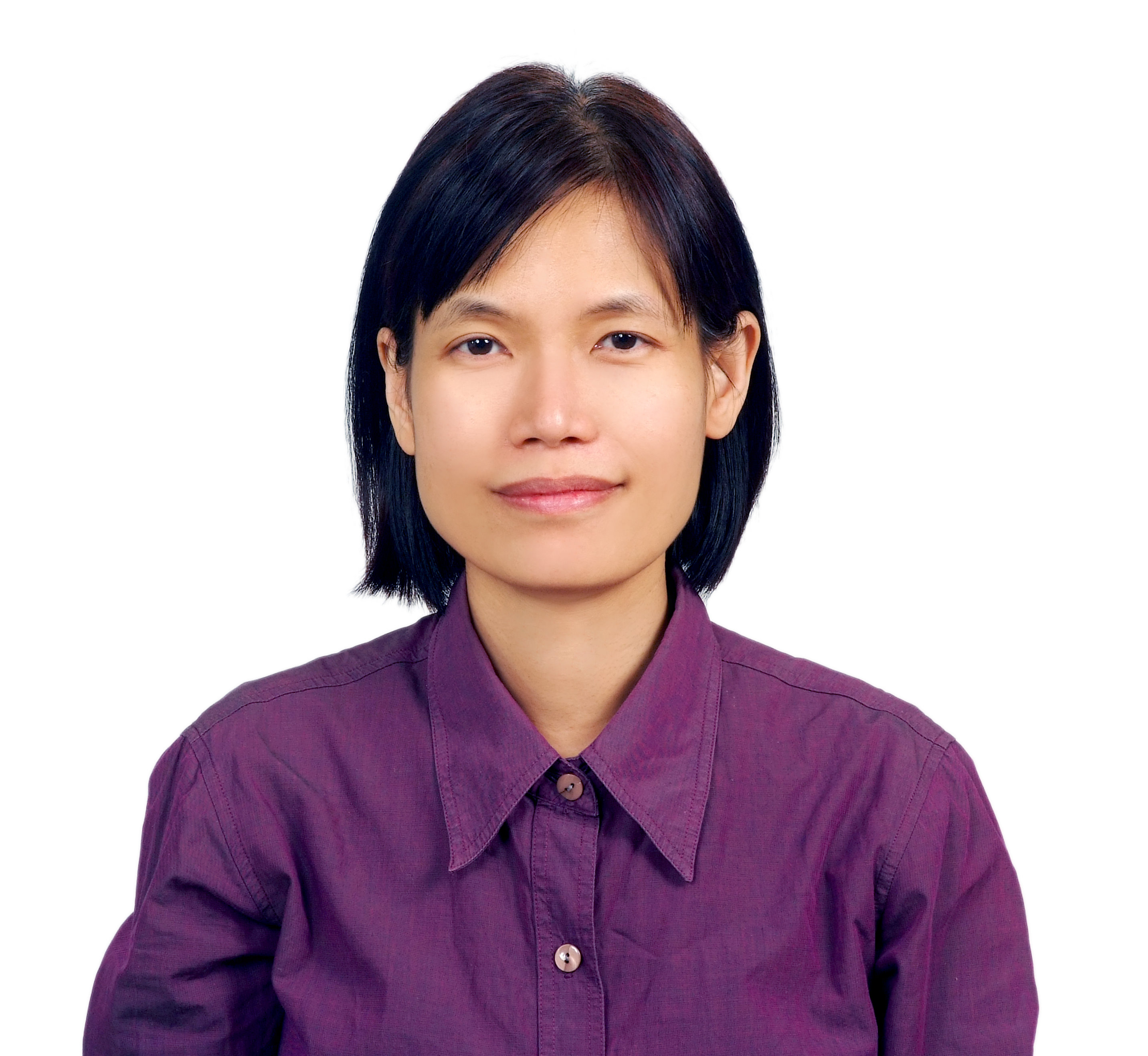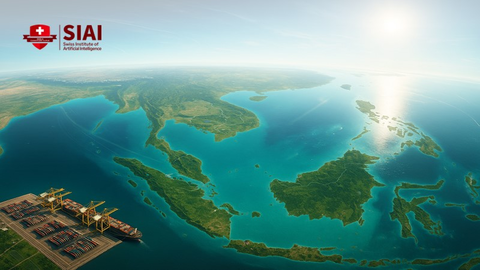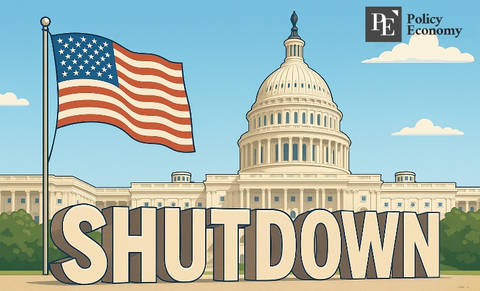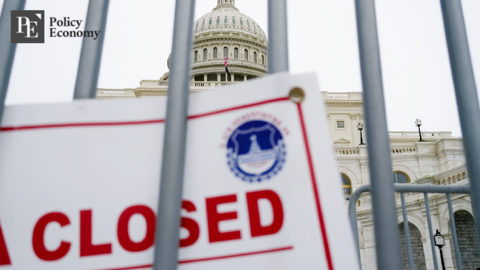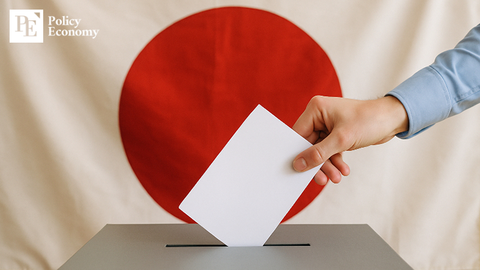[동아시아포럼] 친중 vs 독립, 대만 대선의 향방은
입력
수정
[동아시아포럼]은 EAST ASIA FORUM에서 전하는 동아시아 정책 동향을 담았습니다. EAST ASIA FORUM은 오스트레일리아 국립대학교(Australia National University) 크로퍼드 공공정책 학교(Crawford School of Public Policy) 산하의 공공정책과 관련된 정치, 경제, 비즈니스, 법률, 안보, 국제관계 및 사회에 대한 연구·분석 플랫폼입니다.
저희 폴리시코리아(The Policy Korea)와 영어 원문 공개 조건으로 콘텐츠 제휴가 진행 중입니다.
대만 대선이 4개월 앞으로 다가온 가운데, 유력 후보 진영의 양안관계(대만-중국 관계)의 중요성이 대두되고 있다. 양당 체제의 대만은 친중 성향의 국민당(KMT)과 친 독립 성향의 민진당(DPP)가 번갈아 집권해 왔다. 친독립 성향의 라이칭더(賴淸德) 민진당 후보의 총통 당선이 유력하지만 국민당의 허우유이(侯友宜), 민중당의 커원저(柯文哲), 무소속 궈타이밍(郭台銘)의 지지율도 각 20%대를 유지하며 각축전을 벌이고 있어 당선 가능성을 쉽게 가늠할 수 없는 상태다.
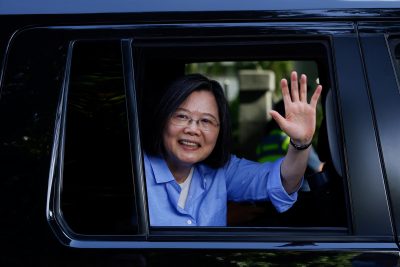
대만 대선의 잠룡들
대선 초기만 해도 아시아 정치 전문가들은 라이칭더 후보의 대선 승리를 점쳤다. 하지만 최근 몇 년간 높은 정치적 지지를 받으며 성장한 민중당 커원저 후보와 ‘대만의 트럼프’라 불리는 궈타이밍 폭스콘 회장이 출마를 선언하면서 대선 판도가 요동쳤다. 2위 허우유이 후보와 3위 커원저 후보의 단일화 가능성이 점쳐지는 가운데 무소속 궈타이밍 후보가 캐스팅보트 역할을 할 수 있을 것이란 예측이 나온다. 이 경우 라이칭더 후보의 당선 가능성은 크게 줄어든다.
전문가들은 중도 성향의 커원저 후보와 친중 성향의 궈타이밍 후보를 주목해야 한다고 말한다. 친 독립 성향의 민진당 계열로 분류됐던 커원저 후보는 2014년 무소속으로 타이베이 시장에 당선된 후 2018년 재선에 성공했다. 2019년에는 중도 정치를 표방하며 기술주의와 투명성을 강조하는 대만 민중당을 창당했다. 민중당은 2020년 입법원 선거를 통해 대만에서 세 번째로 큰 정당으로 성장했다. 커원저 후보가 이끄는 대만의 새로운 정치 세력은 대선에 영향을 미칠 정도로 대만 정치 지형을 크게 변화시켰다.
커원저 후보는 제3의 길을 표방하며 지지율을 상승시켰다. 영국 사회학자 앤서니 기든스(Anthony Giddens)가 주장한 '제3의 길'은 일종의 중도주의 노선으로, 좌파의 견해는 쓸모없고 우파의 견해는 부적절하다는 편견에서 벗어나 사회민주주의 노선을 개혁하자는 정치 노선이다. 커원저 후보는 이를 대만에 적용해 전통적인 좌·우 이념을 넘어 실용적인 거버넌스를 통해 중도 노선을 모색하면서 정치적 돌풍을 일으킨 바 있다.
무소속 궈타이밍 후보도 빼놓을 수 없다. 애플 최대 협력사이자 대만 최대 전자 기업 폭스콘 회장인 그는 2020년에도 대선 출마를 선언하며 국민당에 입당했다. 폭스콘 회장 자리에서 사임하는 등 공격적인 정치 행보를 벌인 그는 경선 패배 이후 무소속 출마를 고려하다 결국 불출마를 선언했다. 궈타이밍 후보는 합법적인 대선 후보 확정을 위해 오는 11월 2일까지 총유권자 수 1.5%에 해당하는 약 29만 명의 서명을 받아 제출해야 한다.
전문가들은 대선 지지율을 각 20%가량 확보한 두 후보의 행보에 따라 대만 총통 당선 여부가 판가름 나리라 분석한다.
대만 대선에서 양안관계의 영향은
대선 후보 단일화와 캐스팅보트 가능성이 점쳐지는 가운데 역대 대만 대선의 핵심이었던 양안관계에 대한 각 후보의 견해가 주목된다.
먼저 지지율 1위를 달리고 있는 라이칭더 후보는 ‘대만 독립을 위한 실용적인 일꾼’이라 자부해 온 대표적인 친 독립 정치인이다. 오랜 시간 동안 대만 민족주의를 주장해 오며 동아시아 정치 진영에서 주목받았다. 최근에는 강경 발언에 대한 견제를 의식한 듯 공식적인 발언으로 대만 독립을 공식적으로 선언할 필요가 없다고 말한 바 있지만 그의 친 독립 행보는 당선 후에도 진행될 것이라는 분석이 지배적이다.
허우유이 국민당 후보는 지난달 25일 시진핑 주석과 만남을 희망하며 친중 행보를 본격화했다. 그는 대만 해협의 평화와 안정을 촉진하기 위해서 시진핑 주석을 만날 수 있다고 밝혔다. 그가 소속된 국민당은 ’92공식’으로 불리는 이른바 ‘1992 컨센서스’를 통해 양안관계에 직접적으로 관여했다. 1992 컨센서스는 중국과 대만이 '각자의 해석을 가진 하나의 중국'으로 이해하는 일종의 구두 합의로, 현재까지도 양안관계의 원칙 중 하나로 통한다.
커원저 후보의 경우 '교류 촉진과 친선 유지'라는 실용주의 태도를 견지하며 중국 간 교류를 진전하는 중도 노선을 취했다. 정치적 출신지는 친독립 성향의 민진당에 가까웠지만, 타이베이 시장 재임 시절 '해협을 사이에 둔 한 가족'이라는 표현을 여러 차례 사용하며 양안관계에 포용적인 태도를 유지했다.
마지막으로 쿼타이밍 후보는 대표적인 친중 인사로 분류된다. 4년 전 친중 성향의 국민당을 탈당한 전력이 있지만 탈당에 대해 거듭 사과하며 친중 행보를 이어갔다. 궈타이밍 후보는 대만 독립을 주장하고, 중국을 적대화하는 세력 투표하는 것은 위험하다는 친중 발언을 하기도 했다. 그가 회장으로 있는 폭스콘은 중국이 미국의 반도체 제재를 우회하는 주요 거래처로 의심받고 있다.
치열한 지지율 싸움과 다양한 선거 구도 변화가 점쳐지는 가운데 각 후보의 중국에 대한 인식은 대만은 물론 글로벌 권력 지형에 영향을 끼칠 수 있어 전문가들의 이목이 쏠리고 있다.
양안관계가 부를 국제 지형의 변화는
전문가들은 친 독립과 친중국 성향 모두 대만의 리스크라 설명한다. 민진당의 접근법은 대만의 민주주의, 미국과의 관계, 대만 자위력 강화에 대한 가능성을 높일 수 있다. 하지만 중국과의 분쟁을 촉발할 수 있으며 대만의 경제력 유지에도 리스크로 작용될 수 있다. 친중 성향의 국민당의 접근법 역시 국제 지형을 고려할 때 향후 대만의 주권을 보호하는데 큰 위기로 봉착할 수 있다. 미국은 중국의 본격적인 태평양 진출 시도를 분명히 억제할 것이기 때문이다.
현재까지 각 후보는 본인이 평화를 유지할 수 있는 능력을 갖추고 있다고 주장해 왔지만, 중국과 잠재적 갈등을 어떻게 완화할 수 있을지는 설명하지 않았다. 후보마다 양안관계의 시각이 다르겠지만 모두 대만의 기존 민주주의 체제를 유지하면서 갈등을 피하는 최적의 시나리오를 써야 할 것이다. 대만이 이상적인 목적을 달성하기 위해선 어떤 형태로든 중국과 대화가 이어져야 할 것이 자명하다.
Cross-Strait relations loom large in Taiwan’s presidential election
The Taiwanese people will soon vote for their president, vice president and legislators in January 2024. Past elections have always been dominated by the two major political camps — the pro-independence Democratic Progressive Party (DPP) and the pro-China Kuomintang (KMT).

But recent elections have shown increasing voter dissatisfaction with polarisation. In 2014, independent candidate Ko Wen-je became the mayor of Taipei and was re-elected in 2018. In 2019, Ko founded the Taiwan People’s Party (TPP), which emphasises technocracy and transparency. In the 2020 legislative election, the TPP became Taiwan’s third largest party. The rise of a new political force has significantly altered Taiwan’s political landscape and has the potential to shape future election outcomes, with Ko having a legitimate shot at the presidency.
The TPP can be seen as a ‘third way’ in Taiwan, a political philosophy emerging in the late 1990s and described by British sociologist Anthony Giddens as ‘the renewal of social democracy in a world where the views of the old left have become obsolete, while those of the new right are inadequate and contradictory’. In Taiwan and elsewhere, the third way calls for a new approach to politics that transcends traditional left–right distinctions and seeks to find a middle ground while emphasising pragmatic governance and welfare reform.
But Ko and the TPP face formidable challengers at the ballot box from the ruling DPP’s Lai Ching-te and the KMT’s Hou Yu-ih. Each candidate promises a different approach to cross-Strait relations.
The DPP’s Lai has described himself as a ‘pragmatic worker for Taiwan independence’ and his party has a long history of advocating for Taiwanese nationhood. Although he recently tried to clarify that there is no need to formally declare independence, his public statements and activities on the matter have not alleviated concerns from the United States and China.
The KMT’s presidential candidate is vague on the China question. The KMT engages Beijing through the so-called 1992 Consensus, which is understood as ‘one China with respective interpretations’ by both China and Taiwan. The last KMT president Ma Ying-jeou held a historic meeting with Chinese leader Xi Jinping under this framework in 2015. But Hou has consistently avoided taking a definitive stance on cross-Strait relations, with his ambiguity generating fissures within the KMT.
The TPP’s cross-strait policy takes a ‘middle path’, upholding a pragmatic attitude of ‘promoting exchanges and increasing goodwill’ to advance cross-Strait interactions. Ko Wen-je has used the phrase ‘one family across the Strait’ on several occasions, including at the Taipei–Shanghai twin city forum held during his tenure as Taipei mayor. Ko has also endorsed four reciprocal actions to undergird the relationship — to know, understand, respect and work with each other.
All three candidates have adopted ambiguous positions on China policy, preferring to observe public sentiment before formulating their views to secure the most votes. But history suggests that either a DPP or KMT victory would likely see a continuation of each party’s existing policies.
Neither outcome is without risk. The DPP’s approach of strengthening Taiwan’s democracy, ties with the United States and self-defence capabilities may increase the likelihood of conflict, while the KMT’s pro-China stance does little to protect Taiwan’s sovereignty. Although most polls show Lai ahead, followed by Ko and Hou, Lai’s assertive pro-independence stance risks backlash from Beijing as well.
Based on three important indicators — the probability of war, economic outlooks and the possibility of improving cross-Strait relations, Ko appears to be the most pragmatic choice for Taiwan’s next president. He may also be the easiest for China to swallow. The major question now is whether the non-progressive camp can consolidate.
Tech billionaire Terry Gou announced his intention to run as an independent candidate on 28 August, though Gou still needs to gather about 300,000 voter signatures by 2 November to assure his candidacy. Despite Gou’s claim that his intention is to facilitate party alternation, both domestic and international media analyses unanimously suggest that Gou’s candidacy will ensure Lai’s victory in the election.
The upcoming election is not only an important opportunity for the Taiwanese people to determine their destiny, but its outcomes will also shape the global situation for the next four to eight years. Geopolitical competition has intensified, along with concern over how tensions in the Taiwan Strait might affect peace and stability in the Indo-Pacific. With the world’s largest chip supplier located in Taiwan, a potential war would disrupt the chip supply and affect the global economy.
So far, neither Ko, Lai or Hou have explained how they might mitigate potential conflict with China. But all three candidates assert their ability to maintain peace — what they perceive as a primary concern among Taiwanese voters. While the candidates would undoubtedly approach interactions with China differently, all three will work towards the optimal scenario of Taiwan upholding its existing democratic system, while averting conflict. Achieving this ideal path may necessitate the re-initiation of dialogue with China.
원문의 저자인 양웬치(Wen-Chi Yang)는 대만 국립정치대학교(National Chengchi University) 국제분쟁대학 호주연구센터 소장이자, 호주국립대학교(Australian National Universist) 호주학 연구소 연구원입니다.
